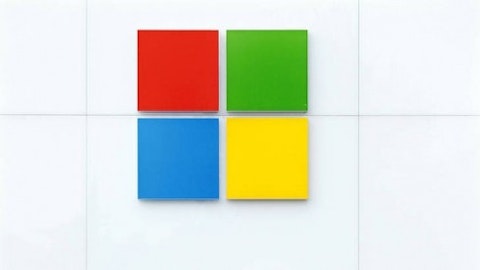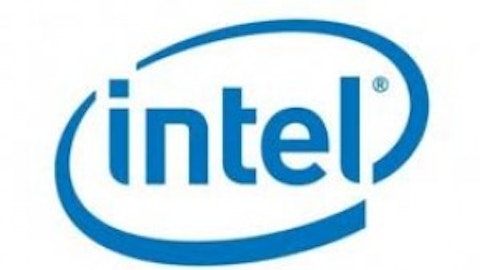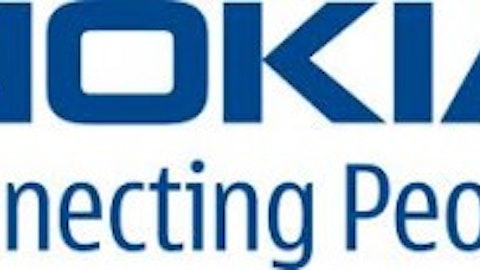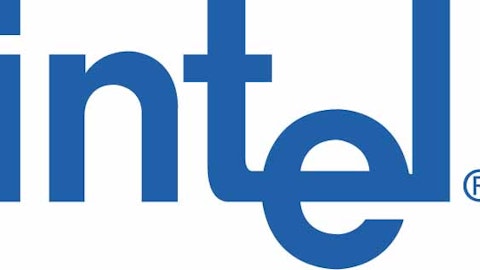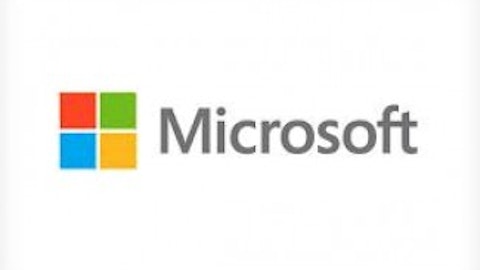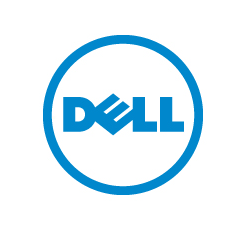
On February 6, the company announced that Michael Dell had struck a deal to take the company private in the biggest leveraged buyout since the financial crisis, partnering with the Silver Lake private equity firm and Microsoft Corporation (NASDAQ:MSFT) to try to turn around the struggling computer company without Wall Street scrutiny. Michael Dell will contribute $500 million of his own cash, and MSDC Management – an affiliate of his investment vehicle, MSD Capital – will contribute another $250 million, towards the $24.4 billion purchase of Dell. It also said that it is targeting the repatriation of $7.4 billion of cash now parked abroad to help finance the deal. That may dismay some shareholders, as a hefty tax is usually levied on cash brought back from overseas.
There’s a lot of talk about the motives behind the deal. Some say Dell is doing it to escape the quarterly visit to the Wall Street “meat grinder,” where either you “meet (or exceed)” their expectations or get “ground into a fine slurry.” Going private frees Dell of public reporting requirements and gives it more latitude to acquire, divest, or otherwise remodel the business.
Dell, the world’s No. 3 personal computer maker, broke down details of the equity and debt financing secured for the buyout. Silver Lake is putting up $1.4 billion, while Bank of America, Barclays, Credit Suisse, and RBC will provide roughly $16 billion in term loans and other forms of financing. It was also disclosed that under certain circumstances if the merger cannot be completed, Michael Dell and Silver Lake could have to pay a termination fee of up to $750 million to the company.
Microsoft Corporation (NASDAQ:MSFT)’s questionable investment decision
No one has a better combination of liquidity, cash flow and horrid investment track record than Microsoft. With the Dell deal, Microsoft went into the vendor financing business. The price was $2 billion plus the enmity of every PC and Tablet maker on earth that isn’t Dell. The investment gives Microsoft no control over Dell operations and no equity.
Microsoft’s marriage to Dell had to come as a delightful surprise to Google Inc (NASDAQ:GOOG), which would love nothing more than to partner with Lenovo and Hewlett-Packard Company (NYSE:HPQ). Those two PC competitors hold control more than 30% of the shrinking PC market compared to Dell’s 10.7%.
As of the end of last quarter, Microsoft had nearly $70 billion in cash and short term securities, a figure that grows by about $2 billion a month. More than half of that, some $40 billion, is buried in U.S. Government securities. At current rates Microsoft would get a better ROI by making it rain in nightclubs! In the last 36 months, Microsoft stock has declined 10% while the S&P500 has risen over 30%. With shareholder friendly opportunities like that, who needs a terrible fund manager?
Now that Michael Dell has clinched a deal to take his company private, he faces the bigger challenge of turning a business falling behind in personal computers into a provider of high-margin cloud computing tools and services. The challenges faced would be:
1. Software push
A quarter-century after its premiere as publicly traded company, Dell’s in a tough spot. The PC maker has spent $12.7 billion to buy 18 companies since 2009, including Compellent Technologies in data storage and Force10 Networks in networking. Yet Dell isn’t bundling enough of those highly profitable products with the computer servers it sells. That would help it better cope with a PC sales slump.
In software, a $1.5 billion business, Dell needs to make a bigger splash in cloud computing tools for companies managing fleets of servers, networking gear, and business applications online without hiring teams of expensive consultants.
